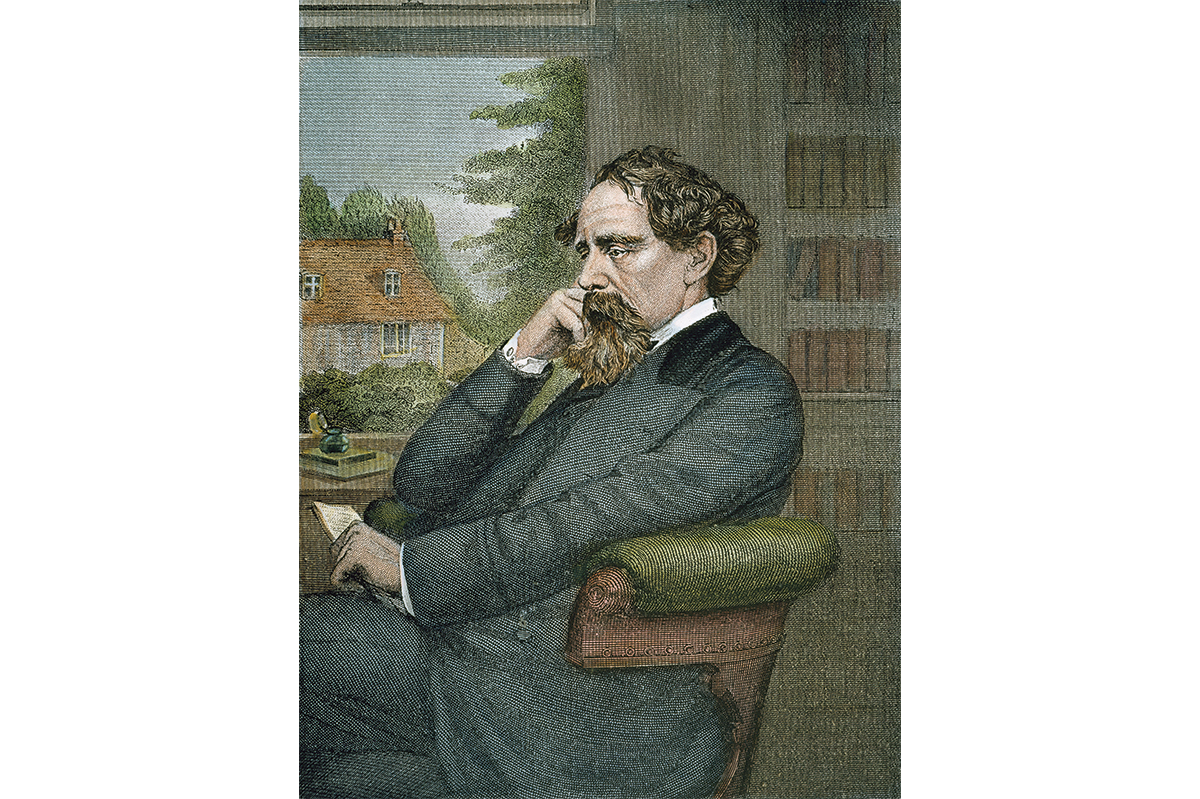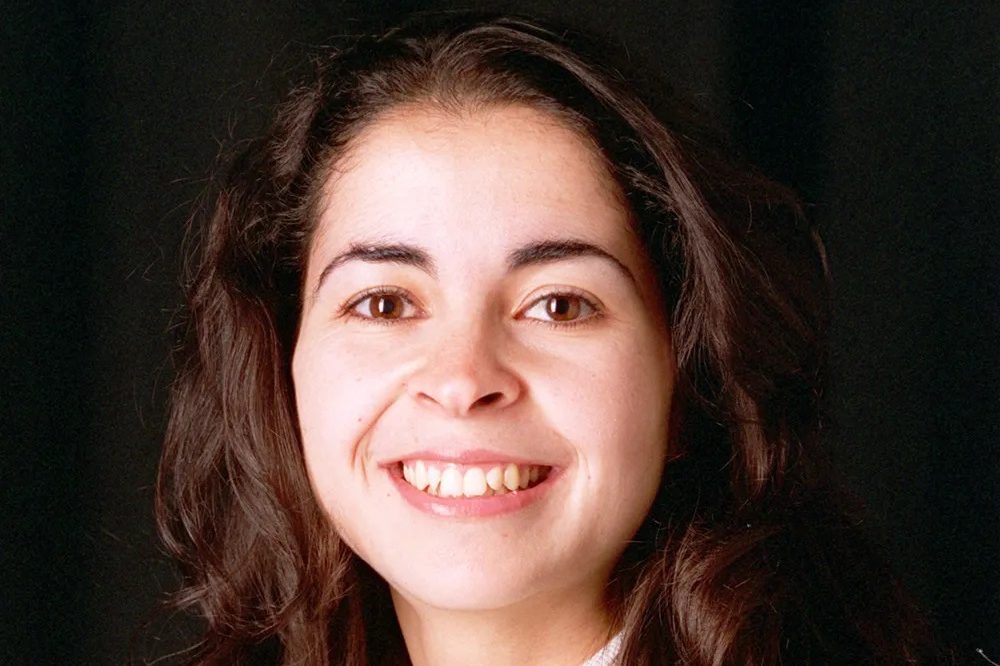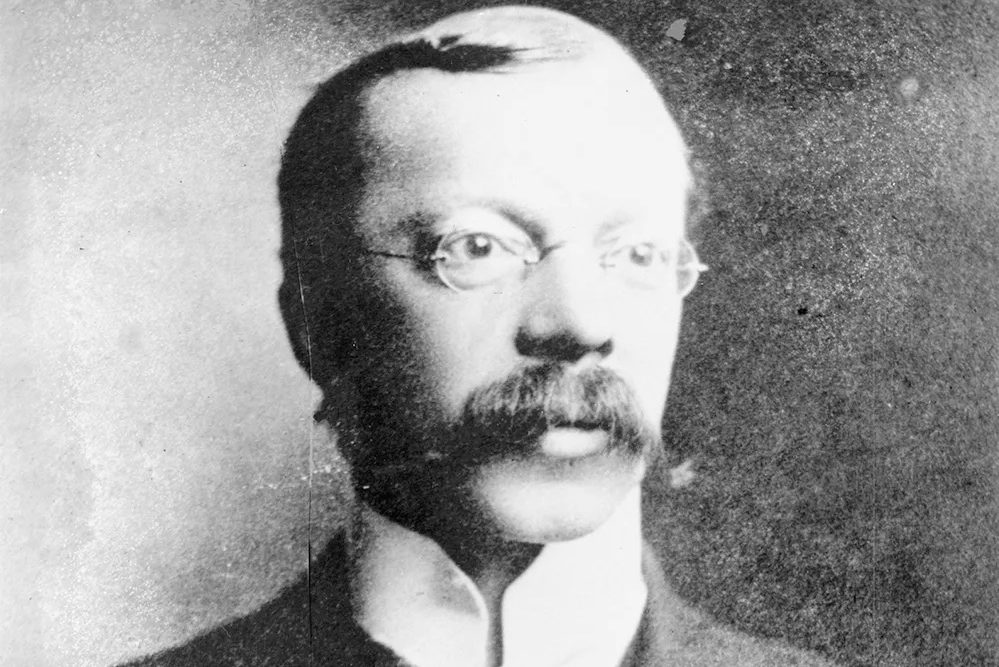What would you do if you looked out of your window expecting to see the neighbor’s cat, and instead were presented with a groundhog in its place, “waddle-thieving” your tomatoes and “taking such/ pleasure in the watery bites”? Ada Limón’s speaker, in the opening poem of her new collection, The Hurting Kind, is not angry at this “all muscle and bristle” tomato-thief. The groundhog is an embodiment of all she cannot have: an animal, natural freedom that inspires her to ask, “Why am I not allowed/ delight?”
…A stranger writes to request my thoughts on suffering. Barbed wire pulled out of the mouth, as if demanding that I kneel to the trap of coiled spikes used in warfare and fencing.
Limón’s speaker — a beleaguered poet-figure — replaces the concerns of human speech with “a small spasm of joy” in response to the “funny creature” she watches.
This near-Romantic capitulation to nature reverberates throughout her collection. In “Drowning Creek,” the speaker drives “past the strip malls and the power plants” and sees a “belted kingfisher” — “the prettiest bird I’d seen all year.” But, while the bird is noble on its man-made perch of a “transmission wire,” the speaker is quite the opposite: unable to appreciate the kingfisher because her mind is “pulled taut like a high black wire latched/ to a utility pole.” In Limón’s collection, it is humans who suffer the worst effects of the world’s modernity.
Limón’s previous works — her fourth book, The Carrying, won the National Book Critics Circle Award for Poetry in 2018 — are also steeped in this meticulous attention to her environment. She is the laureate of a Kentucky landscape: all “mare and foal” pairs on the soft hillsides. But the collection is not just sentimentalization of the natural world. “And, Too, the Fox” is a paean to an animal who — like the groundhog of “Give Me This” — is just doing what he “can to survive”:
I remember his terrible mouth opening as if to swallow
The barbarous girl he’d lost his life to.
Limón’s dedication to nature does not preclude her anthropomorphizing it. Rather than being ironic or uncomfortable, it is pleasingly direct: after all, how can her human speaker appreciate it in any other terms?
The image of a fox “with its streak of red/ flashing across” the page conjures up a different poetic landscape — that of Ted Hughes’s “Thought Fox.” But it is Sylvia Plath, rather than Hughes, whose presence is felt most in the collection. In “The First Fish,” Limón pays homage to a “black carp” pulled out of a lake’s “mirror-doubled surface”:
…He takes only what he needs and lives a life that some might call small, has a few friends
Limón’s speaker’s anxious identification with the “beast” — “my twin” — evokes Plath’s speaker, in her poem “Mirror”, finding the “terrible fish” of her own reflection in a lake. All highly wrought, personal responses to the natural world: the older poet is reflected in the younger.
Limón moves sinuously from the natural world to the urban. “Blowing on the Wheel” is a poignant love letter to continual movement: friends “piling into the back of some cab/ and deciding what was next, which was never bed.” Her all-seeing eye is as brilliantly eviscerating when turned to roads in Brooklyn as it is when looking at country fields or family dynamics. And contemporary events do not escape her gaze. “It Begins with the Trees” describes two trees whose branches are entwined to the point that it looks like they are kissing, which causes the speaker to ask, “When did kissing become so/ dangerous?” Just as the trees are so tangled as to appear one, Limón knots the natural and human, ancient and contemporary into one, deeply emotional, image — and collection.
Limón had some time to hone her poetic craft before responding to our current, crazy age, but Sanna Wani’s debut collection My Grief, The Sun dives straight into an eclectic selection of subjects. Wani meditates on everything from the nature of Allah and Islam to songs by Mitski and Anne Carson’s “The Glass Essay.” Like Limón, Wani touches on the pandemic obliquely. Its presence hovers on the margins of poems like “Sing” — a ring poem that revels in “open doors,” and “magnif[ied] silence.”
But My Grief, the Sun — despite its title — is (thankfully) not a coronavirus collection. Wani has far more interesting things to write about. She is adept at playing with form — from circular sentences, to dense prose-poems on the nature of theology (“All of this is exegesis because faith is complex geology”), to “Pendulum,” where each line has its answer swinging back at it from the other side of the page. From Rumi to Alejandra Pizarnik, Wani wears her influences visibly, but lightly. The result is a confident, assured collection that leaves you wanting more.
Both My Grief, the Sun and The Hurting Kind are united by a quiet melancholia: a desire to find meaning, peace and happiness in an age which seems to problematize, or preclude, all three. But from farewells to funerals, and car rides to prayers, these poems provide an answer of their own to Limón’s opening question: “why am I not allowed/ delight?” We readers are — and it’s here.
This article was originally published in The Spectator’s June 2022 World edition.

























